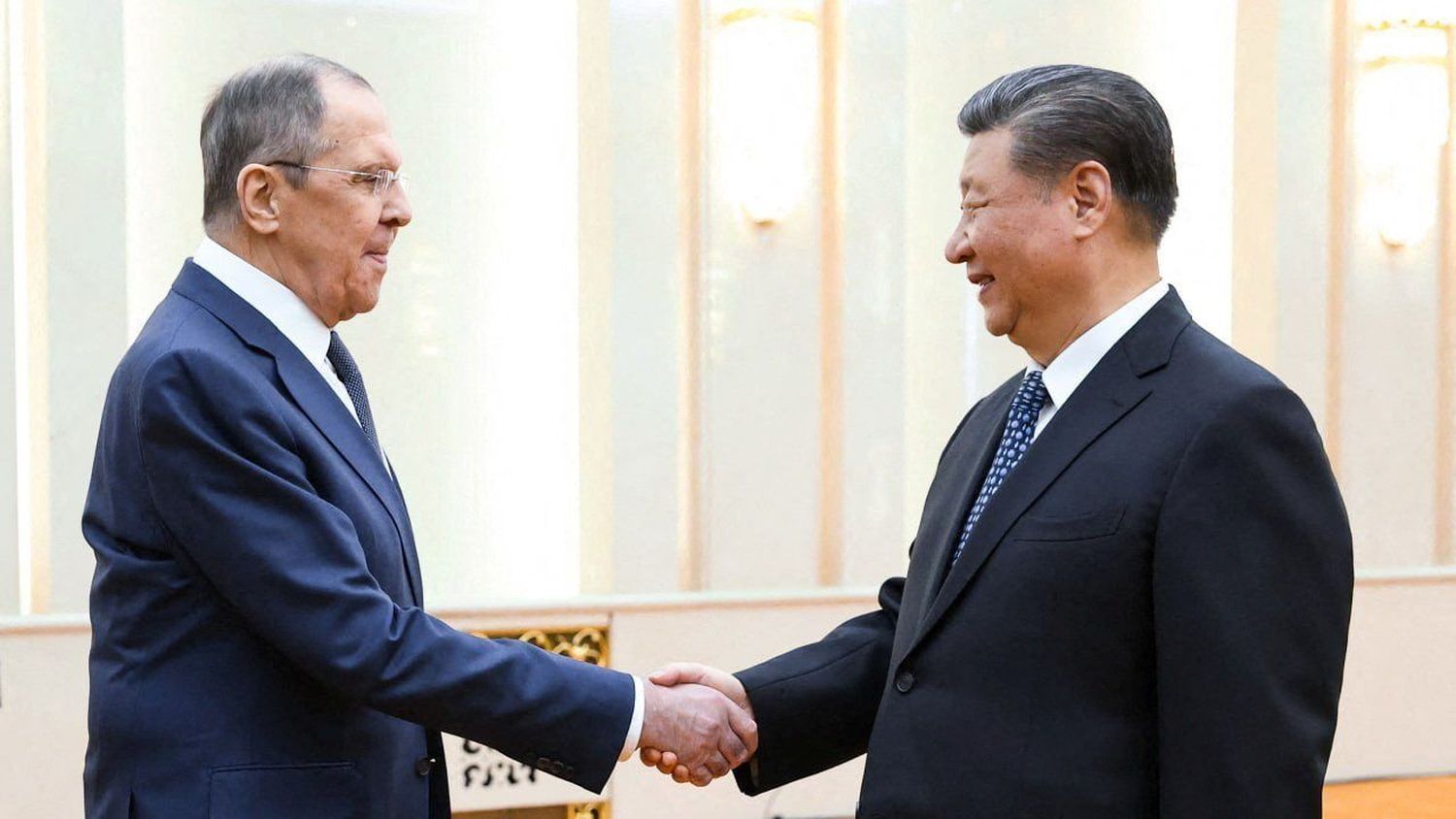World Politics
Russia and China Double Down on Defying U.S.
Russia and China have intensified their collaborative efforts, presenting a united front in defiance of U.S. hegemony. This strategic partnership, which spans economic, military, and diplomatic domains, signals a significant shift in the global power balance, challenging the established order led by the United States.
At the heart of this alliance is the mutual desire of both nations to counterbalance U.S. influence across various regions and international institutions. Despite not being formal allies, Russia and China have found common ground in their opposition to what they perceive as U.S. attempts to maintain a unipolar world order. This has led to a series of coordinated moves aimed at bolstering their positions on the global stage, while simultaneously pushing back against U.S. policies and sanctions.
Economically, the Russia-China partnership has seen a significant boost, with bilateral trade reaching new heights. In recent years, China has emerged as Russia's largest trading partner, a relationship that has become increasingly vital for Moscow, especially in the wake of Western sanctions. The economic ties between the two countries have been further strengthened by joint projects in energy, infrastructure, and technology sectors, including the notable increase in Russian oil and gas exports to China. This economic interdependence is seen as a cornerstone of their strategic partnership, providing a buffer against external pressures, particularly those emanating from the West.
Militarily, Russia and China have ramped up their cooperation through joint exercises and defense collaborations. These activities not only serve to enhance their military capabilities but also send a clear message of solidarity against perceived threats from the U.S. and its allies. The military drills, which have been conducted in strategically sensitive regions, including the South China Sea and the Arctic, underscore the willingness of both nations to showcase their combined strength and to challenge U.S. military presence in these areas.
Diplomatically, Moscow and Beijing have presented a united front in international forums, coordinating their positions on key issues such as Taiwan, Ukraine, and the South China Sea. Their collaboration within the United Nations and other multilateral institutions has been particularly noteworthy, with both countries using their veto power to block initiatives they view as contrary to their interests. This concerted effort to reshape the international order according to their vision has led to increased tensions with the U.S., which sees the Russia-China axis as a challenge to its global leadership.
The personal rapport between Russian President Vladimir Putin and Chinese President Xi Jinping has been instrumental in driving this partnership forward. Both leaders have expressed admiration for each other's governance styles and have pledged to deepen ties between their countries. This relationship has been symbolized by mutual state visits and public endorsements, further solidifying the bond between Russia and China.
However, this growing alliance has not been without its challenges. Analysts point out that the relationship is marked by an inherent asymmetry, with China's economic and military might far surpassing that of Russia. This has led to concerns in Moscow about becoming overly dependent on Beijing, a situation that could limit Russia's maneuverability in the long term.
Despite these challenges, the strategic partnership between Russia and China continues to evolve, driven by a shared objective of diminishing U.S. influence and reshaping the global order. As the world witnesses the strengthening of this alliance, the implications for international politics and security are profound, heralding a new era of geopolitical competition.

